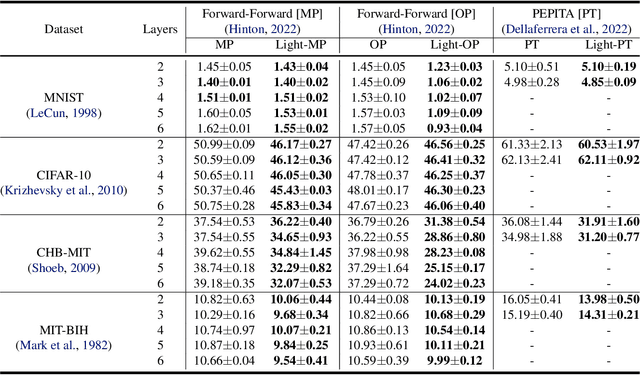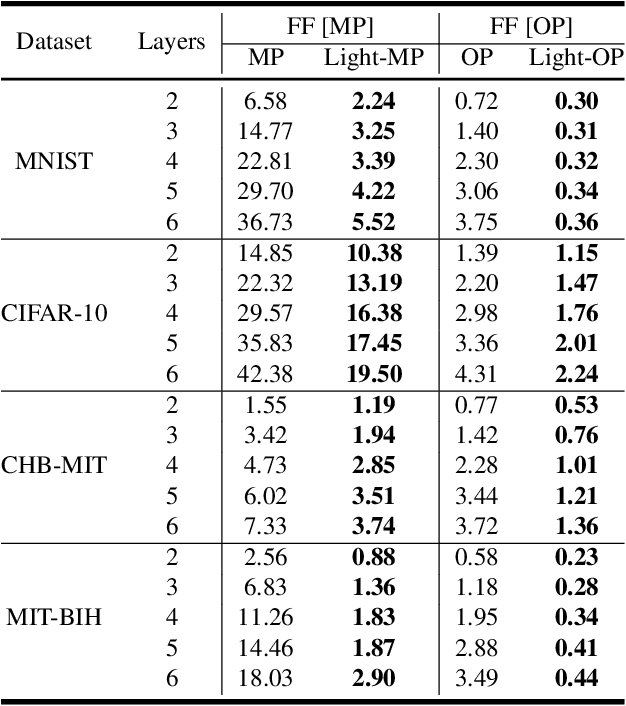Amin Aminifar
Privacy-Preserving Edge Federated Learning for Intelligent Mobile-Health Systems
May 09, 2024



Abstract:Machine Learning (ML) algorithms are generally designed for scenarios in which all data is stored in one data center, where the training is performed. However, in many applications, e.g., in the healthcare domain, the training data is distributed among several entities, e.g., different hospitals or patients' mobile devices/sensors. At the same time, transferring the data to a central location for learning is certainly not an option, due to privacy concerns and legal issues, and in certain cases, because of the communication and computation overheads. Federated Learning (FL) is the state-of-the-art collaborative ML approach for training an ML model across multiple parties holding local data samples, without sharing them. However, enabling learning from distributed data over such edge Internet of Things (IoT) systems (e.g., mobile-health and wearable technologies, involving sensitive personal/medical data) in a privacy-preserving fashion presents a major challenge mainly due to their stringent resource constraints, i.e., limited computing capacity, communication bandwidth, memory storage, and battery lifetime. In this paper, we propose a privacy-preserving edge FL framework for resource-constrained mobile-health and wearable technologies over the IoT infrastructure. We evaluate our proposed framework extensively and provide the implementation of our technique on Amazon's AWS cloud platform based on the seizure detection application in epilepsy monitoring using wearable technologies.
Lightweight Inference for Forward-Forward Algorithm
Apr 09, 2024



Abstract:The human brain performs tasks with an outstanding energy-efficiency, i.e., with approximately 20 Watts. The state-of-the-art Artificial/Deep Neural Networks (ANN/DNN), on the other hand, have recently been shown to consume massive amounts of energy. The training of these ANNs/DNNs is done almost exclusively based on the back-propagation algorithm, which is known to be biologically implausible. This has led to a new generation of forward-only techniques, including the Forward-Forward algorithm. In this paper, we propose a lightweight inference scheme specifically designed for DNNs trained using the Forward-Forward algorithm. We have evaluated our proposed lightweight inference scheme in the case of the MNIST and CIFAR datasets, as well as two real-world applications, namely, epileptic seizure detection and cardiac arrhythmia classification using wearable technologies, where complexity overheads/energy consumption is a major constraint, and demonstrate its relevance.
 Add to Chrome
Add to Chrome Add to Firefox
Add to Firefox Add to Edge
Add to Edge